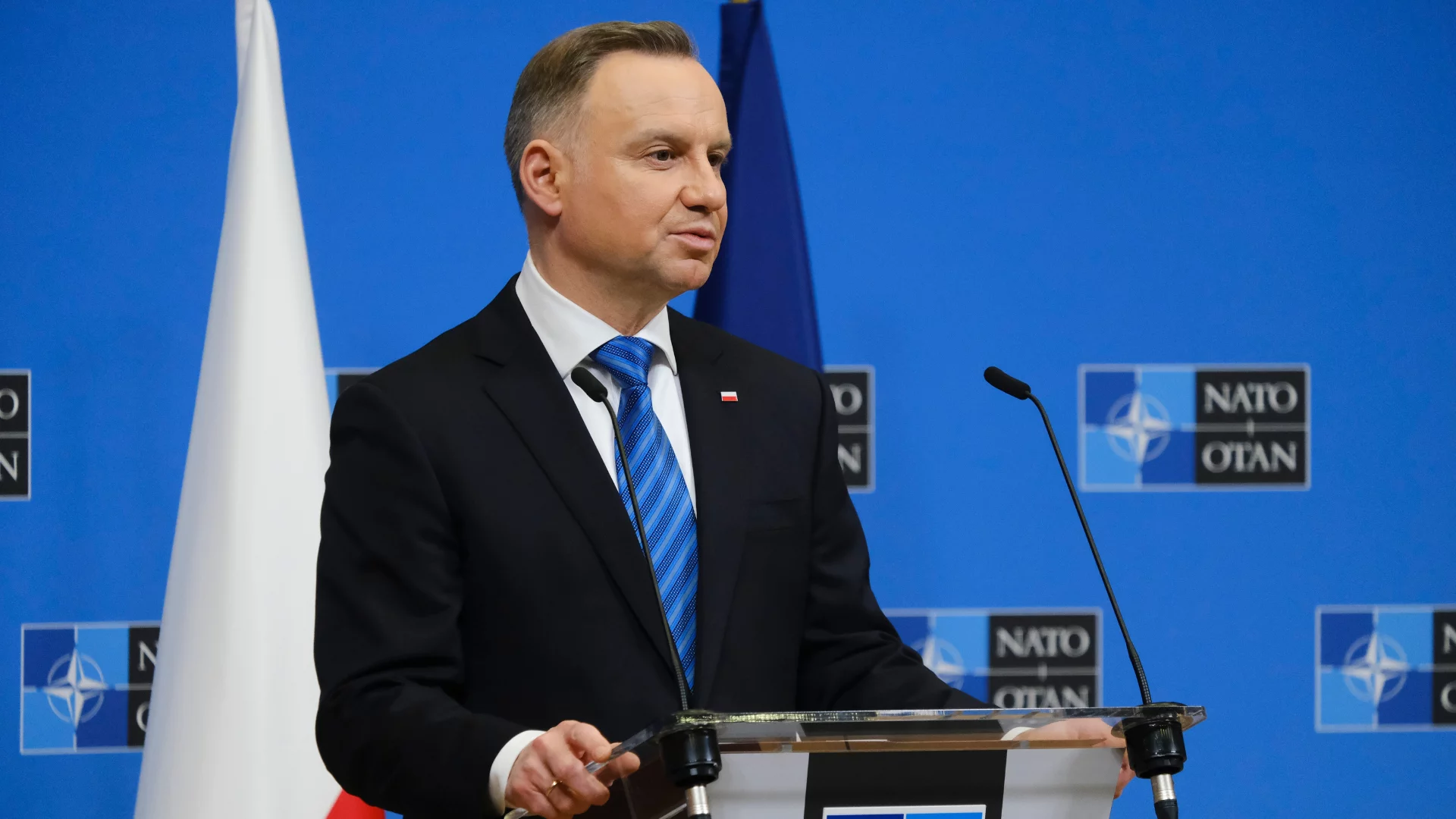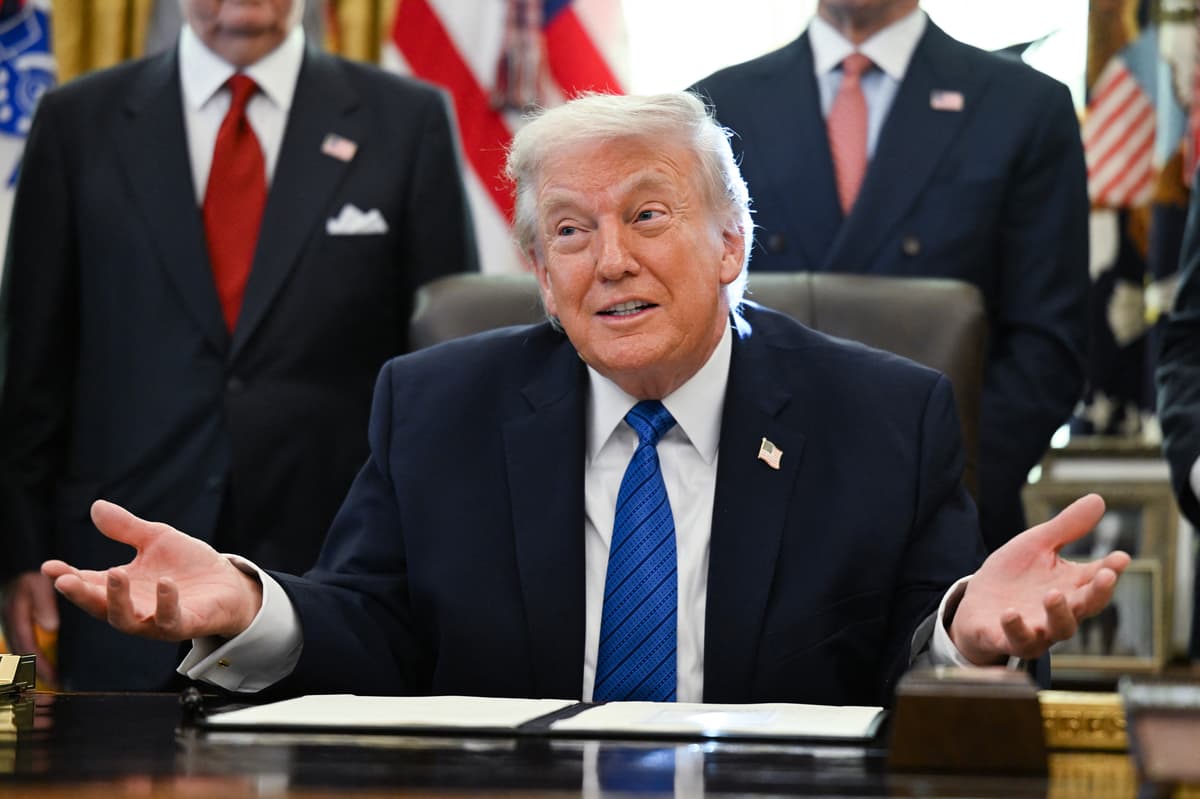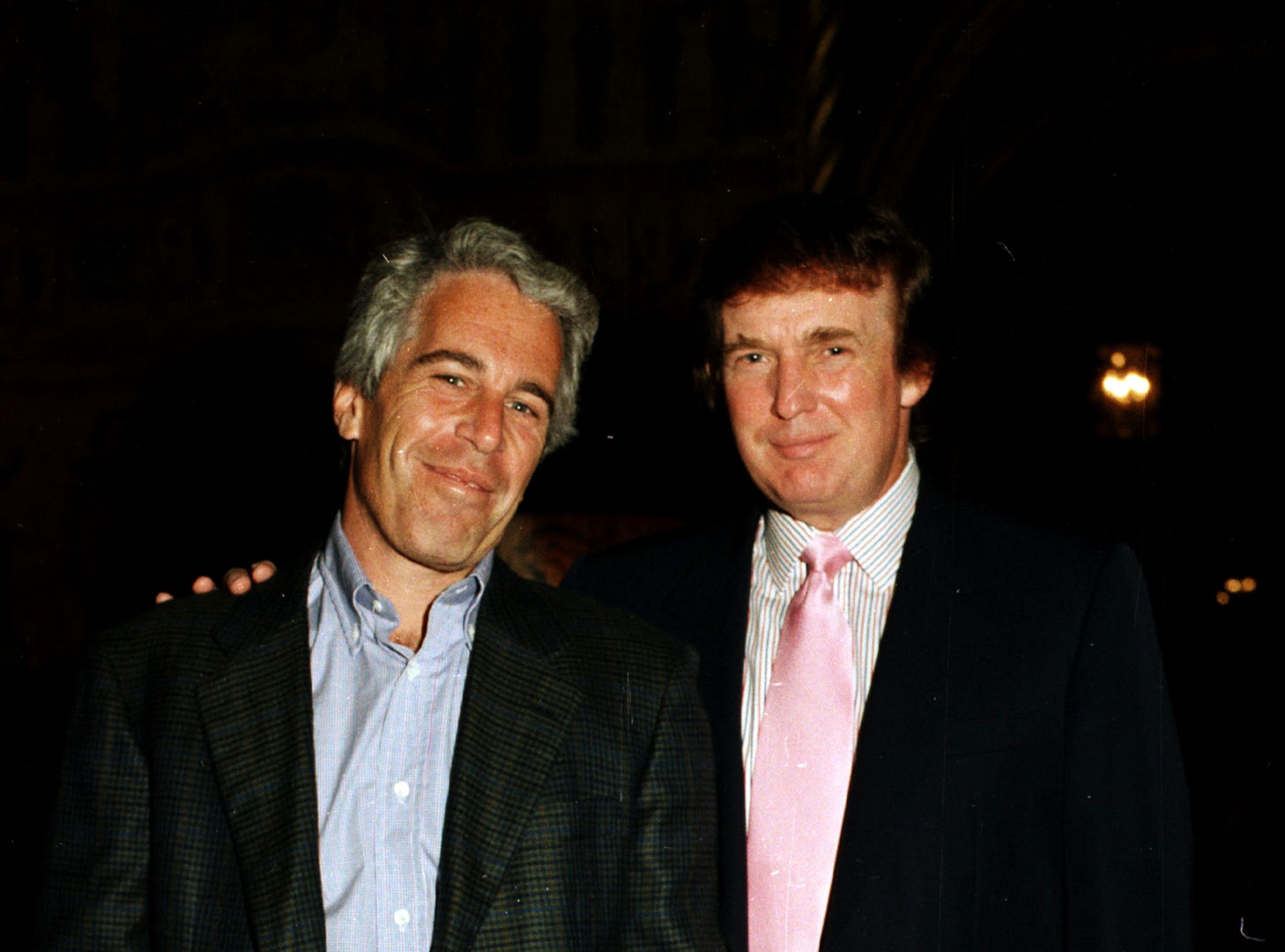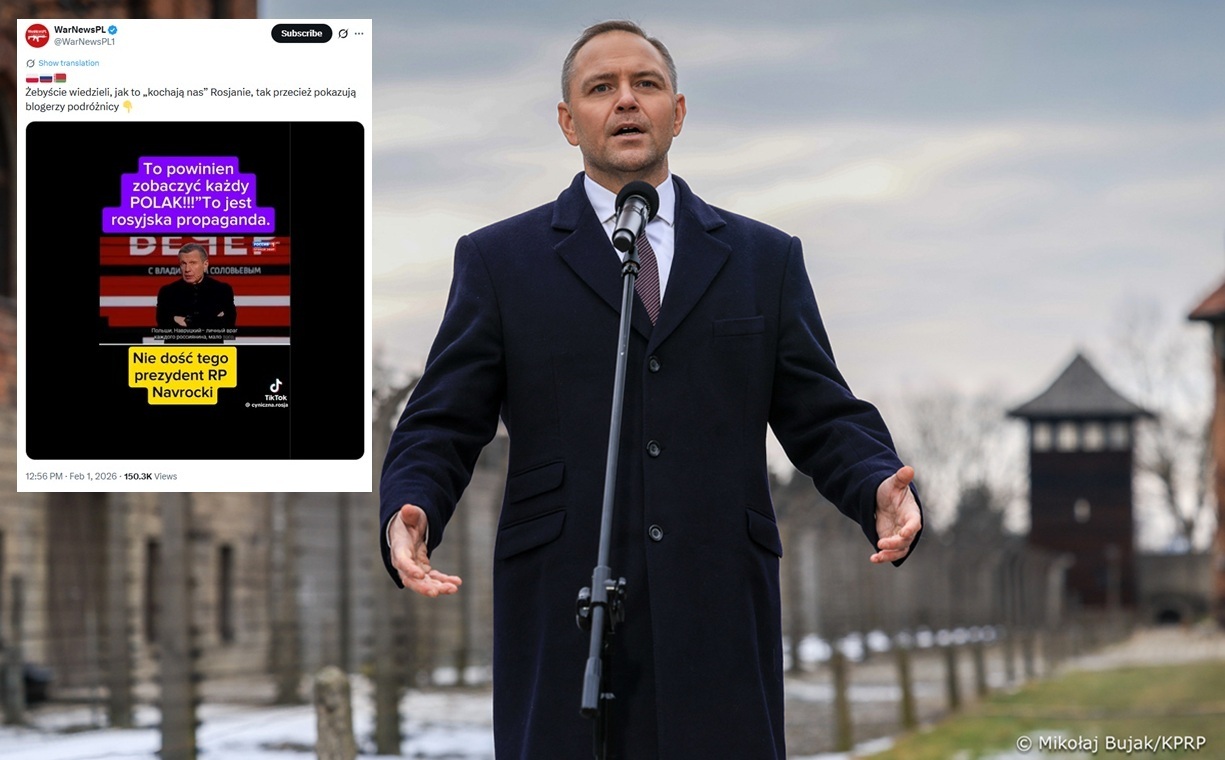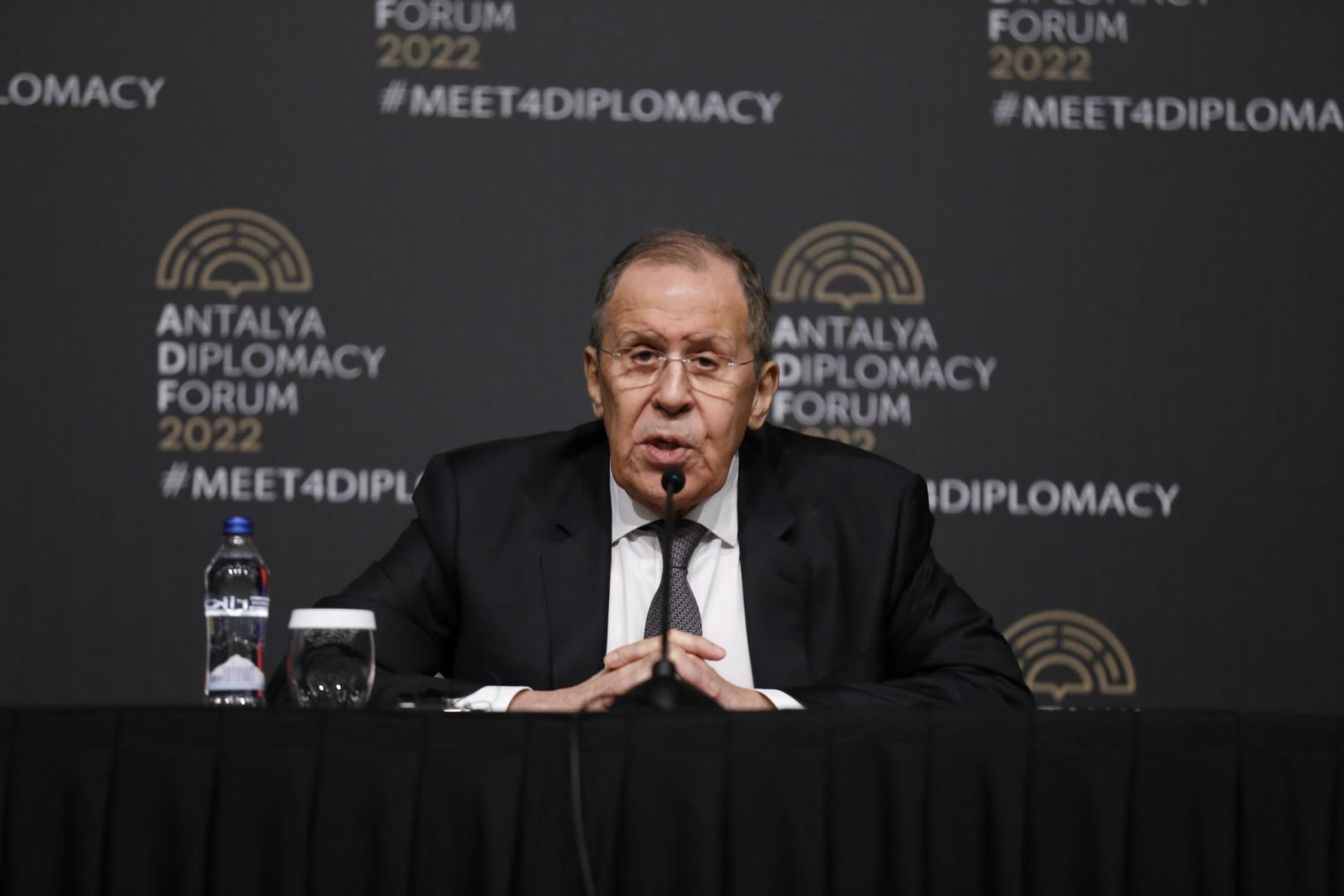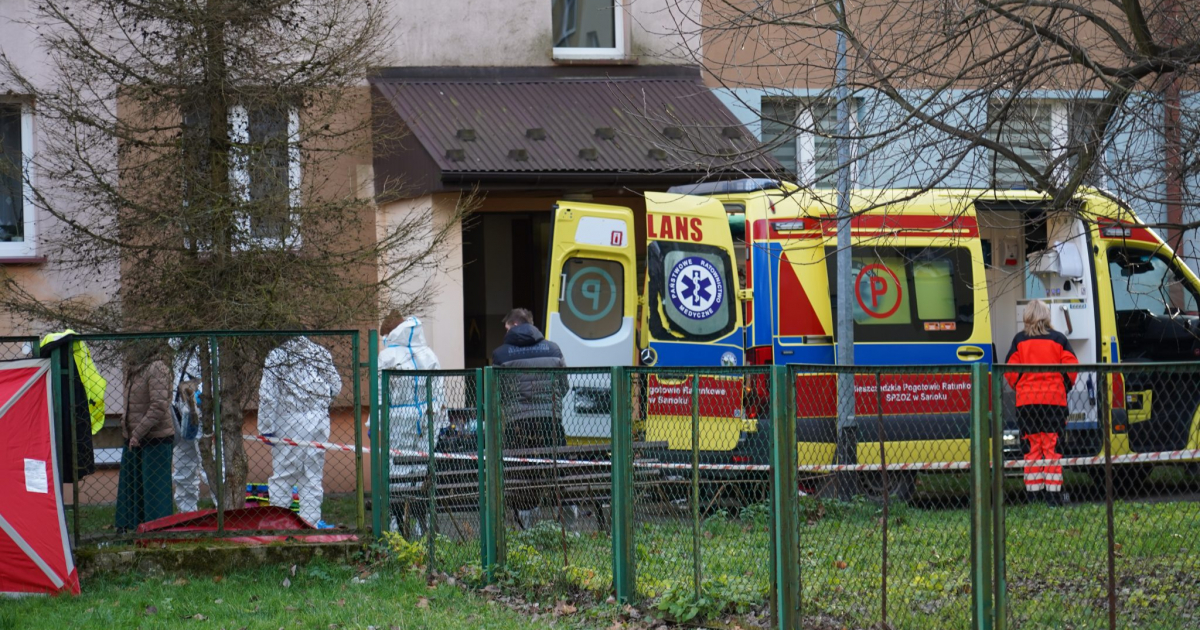Abolishing the two-child benefit cap is "on the table", Education Secretary Bridget Phillipson has said in her bid for Labour's deputy leadership. The policy restricts child benefits to families' first two children and has been criticised as contributing to child poverty.
Speaking to The Guardian, Phillipson described tackling child poverty as "profoundly personal" due to her own upbringing experiences. She said she was "thinking every day about how to turn the tide on child poverty" and wanted to "make tackling child poverty the unbreakable moral mission of this Labour Government".
She said: "Everything is on the table, including removing the two-child limit." Phillipson called the Conservative-introduced policy "a spiteful attack on children who were punished and pushed into hardship through no fault of their own".
The intervention suggests growing Cabinet willingness to scrap the cap, given Phillipson is widely seen as Downing Street's preferred candidate for the deputy role vacated by Angela Rayner. She co-chairs the government's child poverty taskforce, established last year to report ahead of November's Budget with recommendations including guidance on the two-child cap.
Deputy leadership battle
Phillipson became the first candidate to secure her ballot place on Friday after winning sufficient trade union support. She has secured backing from trade unions including Usdaw, Community and the National Union of Mineworkers, alongside the most MP nominations.
Her rival Lucy Powell has already called for ministers to be "clearer" about abolishing the cap, even if implementation wouldn't be immediate. Powell leads in polling among Labour members but still needs nominations from several more constituency Labour parties to reach the membership vote.
Political pressure mounts
Child Poverty Action Group chief executive Alison Garnham welcomed Phillipson's comments, warning that without scrapping the limit, "there will be more children in poverty at the end of this Parliament than when Labour took office". She urged the policy's removal in the autumn child poverty strategy.
Prime Minister Sir Keir Starmer has consistently declined to commit to abolishing the cap but has also refused to rule it out entirely. The policy remains a contentious issue within Labour ranks despite the party's criticism of its Conservative origins.
Labour campaign group Mainstream accused party leadership of blocking a conference debate on funding the cap's abolition through taxes on online gambling and bank profits. The group, backed by Greater Manchester Mayor Andy Burnham, said the motion was ruled out on "tenuous procedural grounds".
A Labour spokesperson defended the decision, stating the democratically elected Conference Arrangements Committee ruled on motions "in line with Labour Party rules" and "all party procedures have been followed". Mainstream criticised this as "hyper-factional party management" amid falling poll numbers.
Sources used: "The Guardian" Note: This article has been edited with the help of Artificial Intelligence.

